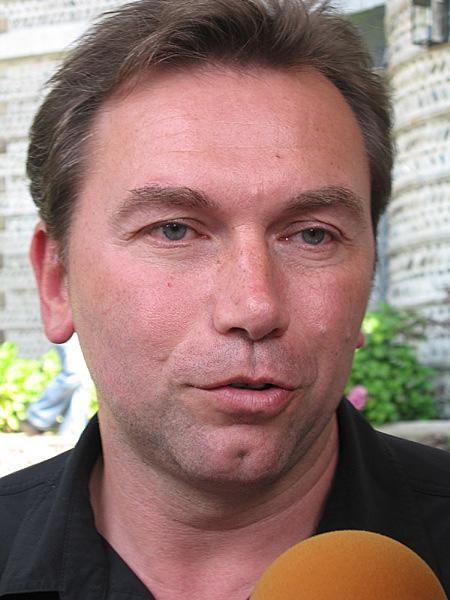French investigate Caisse d'Epargne over Tour syringes
Former Astana directors Bruyneel and Gallopin testified in France

In the investigation of several "suspect" syringes traced back to the Astana team at the 2009 Tour de France, prosecutors have extended its examinations to the Caisse d'Epargne team, French daily L'Equipe reported on Thursday.
According to the paper, authorities seized a number of insulin syringes at the Tour at the end of July last year, that belonged to the Caisse d'Epargne team and had been deposited in the official waste bins provided by the race organisers.
The analysis of these syringes by the Parisian laboratory Toxlab revealed the presence of blood platelets. This in turn could be an indication of a doping method called "blood spinning", where a high concentration of the rider's own blood platelets are re-injected to his body to accelerate recovery, a performance-enhancing method prohibited by the World Anti-Doping Agency.
L'Equipe also revealed that former Astana directors Johan Bruyneel and Alain Gallopin have been heard in the investigation of other syringes, and reportedly transfusion material, also seized by authorities at the Tour last year. Investigators of the French Central Office against Environmental Damage and Public Health (OCLAESP), who was appointed by the Paris court prosecutors to examine the affair, questioned the two RadioShack directors separately, as Bruyneel was heard in Paris in early May and Gallopin in April.
The use of infusion equipment such as intravenous drip bags - except in cases of emergency - was banned by WADA in July 2008. Both directors "declared knowing nothing," according to the paper.
Get The Leadout Newsletter
The latest race content, interviews, features, reviews and expert buying guides, direct to your inbox!